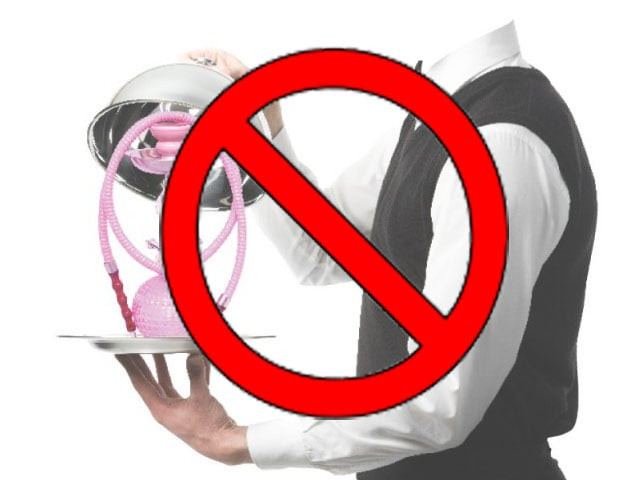How to distinguish a ‘public place’ from an ‘open space,’ court asks
Petitioners challenge right of city govt to take coercive measures.

The CJ was hearing several petitions contesting the ban on the use of sheesha.
Earlier in the day, the CDGL’s counsel argued that the Prohibition of Smoking and Protection of Non-Smokers Health Ordinance 2002 Section 2(C) included all places of public work or use, included auditoriums, buildings, health institutions, amusement centres, restaurants, public offices, court buildings, cinema halls, conference or seminar halls, hotel lounges, other waiting lounges, bus stations and bus stands, sports stadiums, educational institutions and libraries which are visited by the general public.

However, he said the law did not cover any “open spaces.” He said any restaurant, public office or hotel lounge were places of public work and no section of such a building, whether open or closed, could be defined as an “open place.” The counsel said the government had declared an “open space” such as an appurtenant within the premises of a place of public work as a non-smoking area.
The petitioner’s counsel argued that any area without a roof at a restaurant or hotel was an “open space.” He said therefore the sheesha could be offered, under the law, at the said place.

The CJ adjourned the hearing till December 10 and directed the counsels to present arguments on how to define “open place,” “open space” and “public place.”
The petitioners had challenged the government’s crack down on sheesha cafes. They submitted that the use of sheesha was not harmful for health nor was it a prohibited product. They said cafes had designated separate places for sheesha smoking which did not fall under the category of public place. The petitioners said the government should be restrained from taking coercive measures against sheesha cafes.
Published in The Express Tribune, November 27th, 2012.



















COMMENTS
Comments are moderated and generally will be posted if they are on-topic and not abusive.
For more information, please see our Comments FAQ